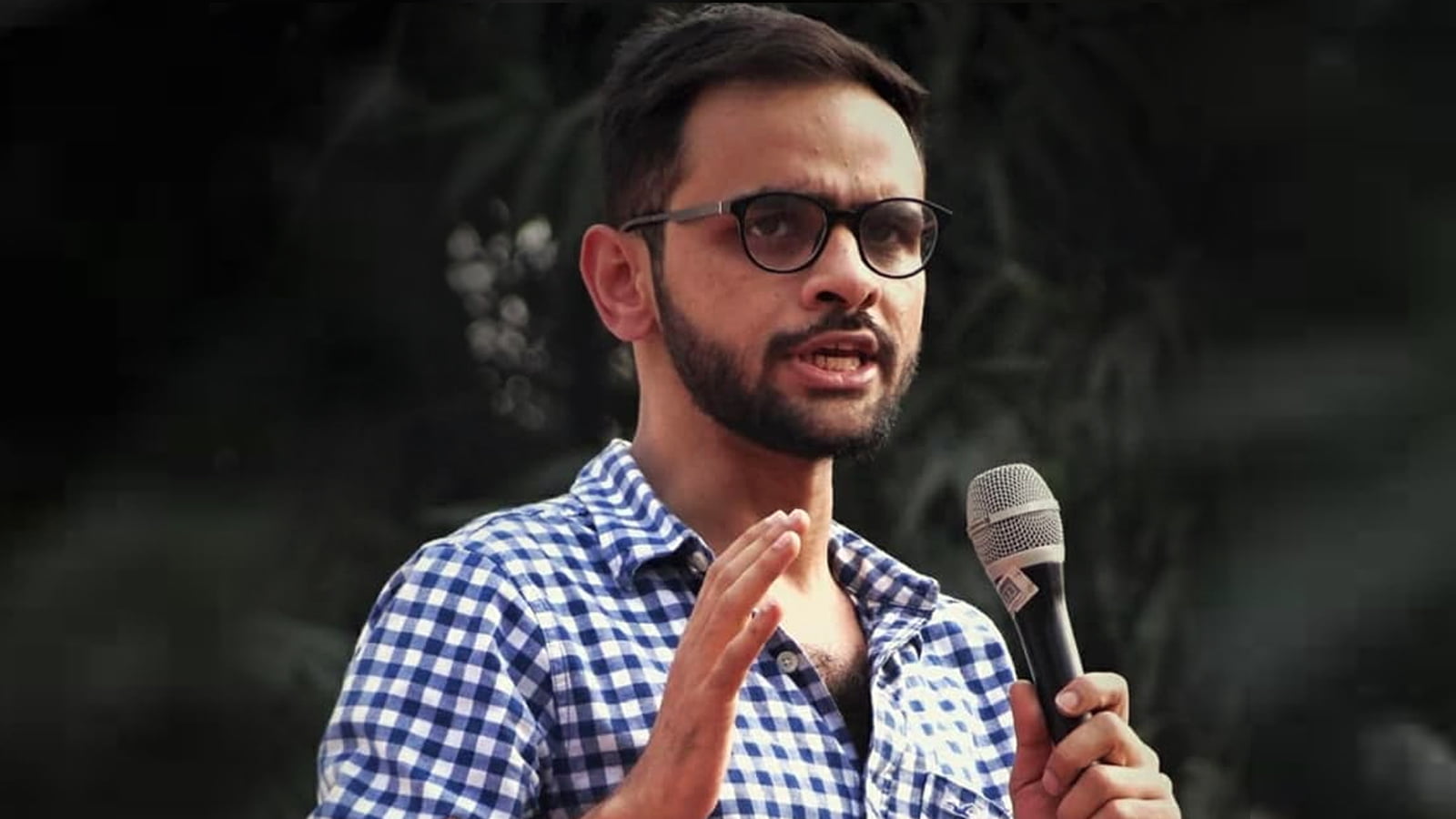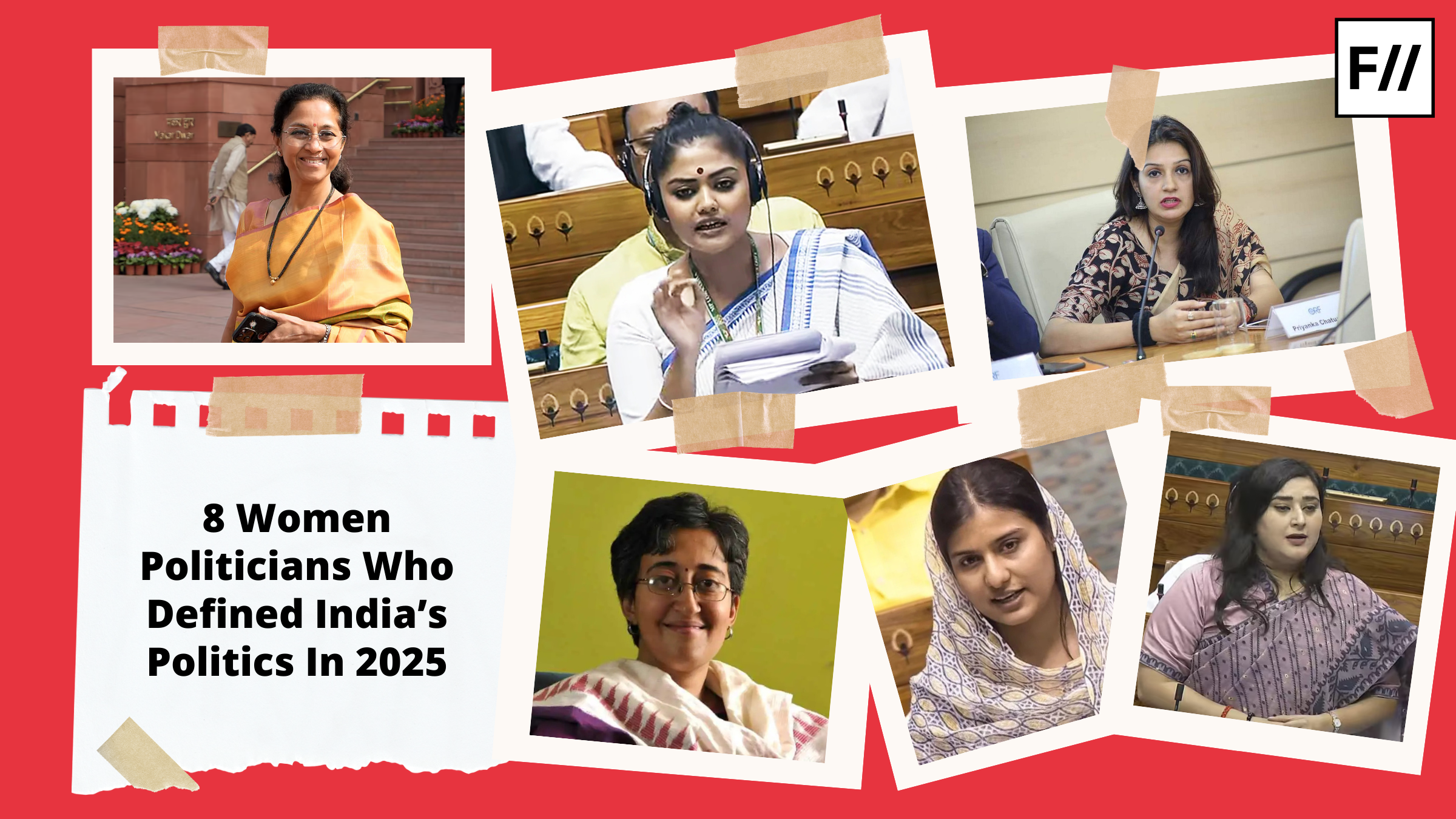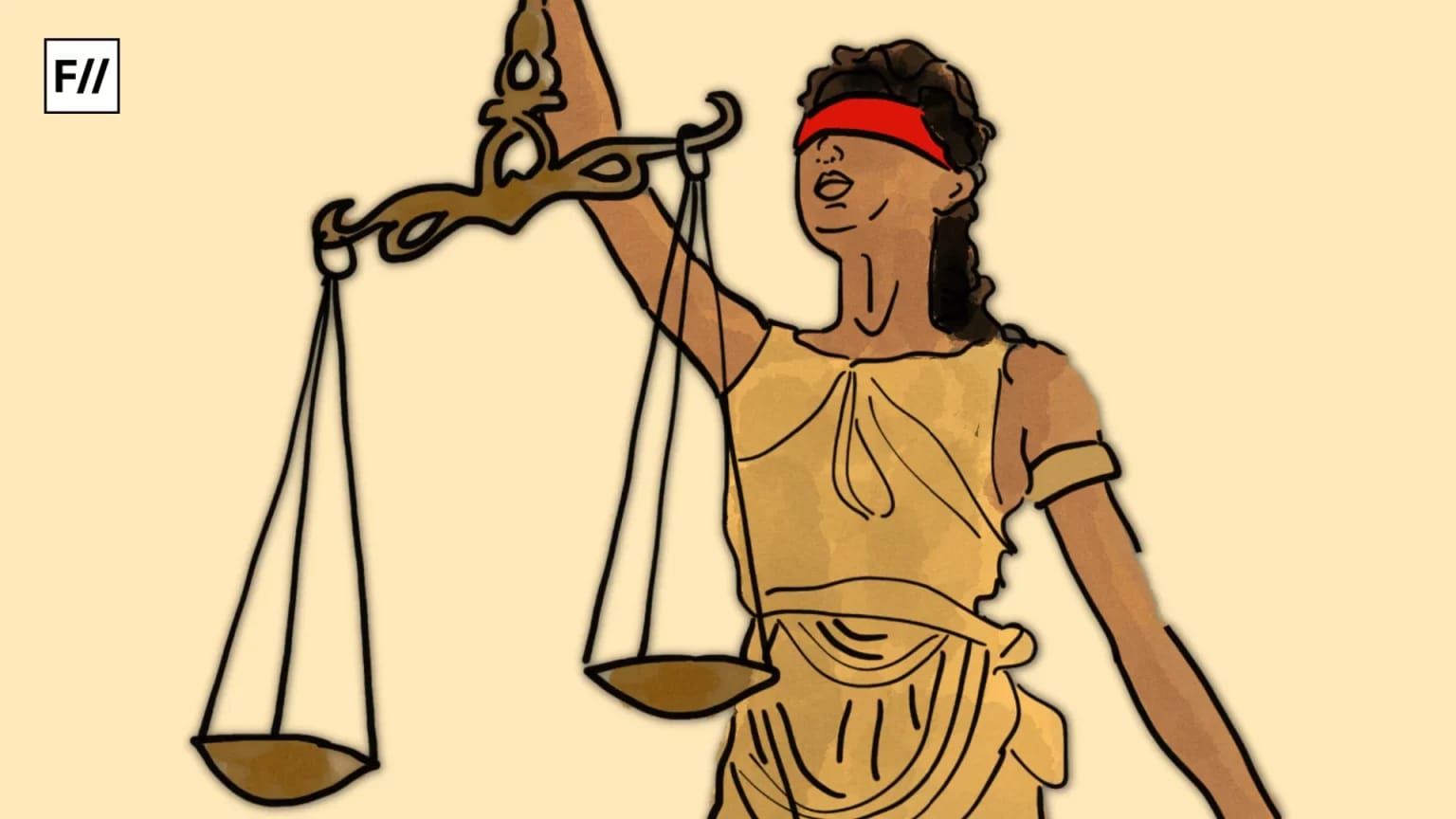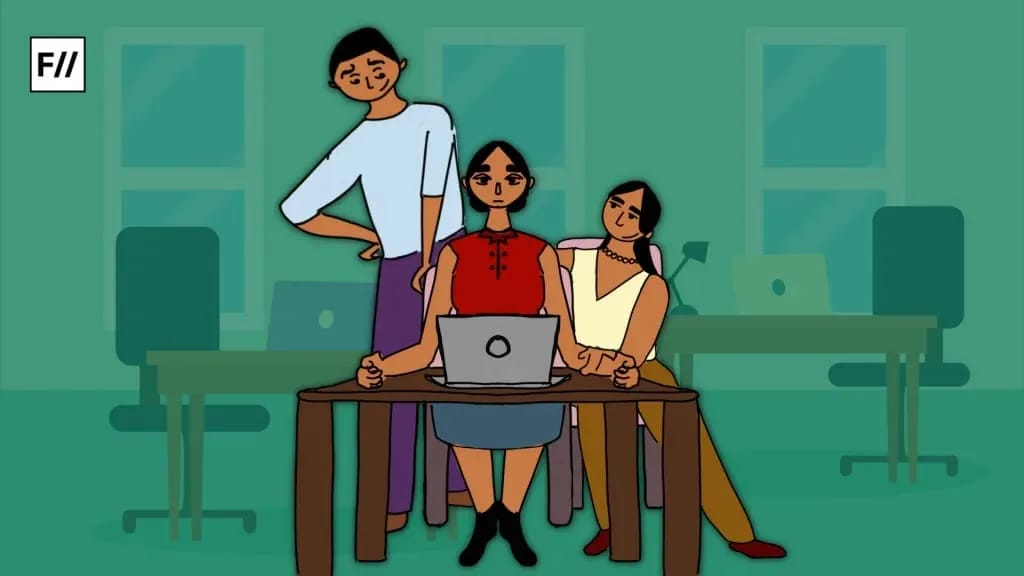The repeated adjournments in Khalid’s case and the delays in his bail hearings have caused many disruptions in the legal process.
The court has denied bail to Umar Khalid, the former leader of the Democratic Students’ Union (DSU) at JNU, for the second time. Delhi Police arrested him under UAPA in 2020 for his suspected involvement in the Delhi riots conspiracy case. The court dismissed Khalid’s arguments, which included the delay in legal proceedings and the disparity in bail granted to other accused after he spent more than 1350 days in jail. This recent denial brings attention to the legal and justice system in India.
Khalid, who completed his Master’s and MPhil in History at JNU, aligns himself with hardcore communism. The Indian Penal Code charges Khalid with several offences, such as riots, attempted murder, and unlawful assembly. He has been accused of being involved in terrorist activities under Sections 16 to 18. Also, he faces charges under the Arms Act, of 1959, for the use of arms.
A difficult trajectory
Delhi police first arrested Khalid and Kanhaiya Kumar in 2016 for leading protests against the judicial killing of Afzal Guru. Besides these protests, he actively participated in the Citizenship Amendment Act (CAA) in 2019–20. His public speeches highlighting the philosophy of non-violence were termed seditious. Khalid faced another arrest under UAPA in 2020 due to his suspected involvement in the Delhi Riots. Since then, the courts have repeatedly denied his bail pleas. His lawyer, Trideep Pais, has highlighted that the evidence does not establish a prima facie case against him.
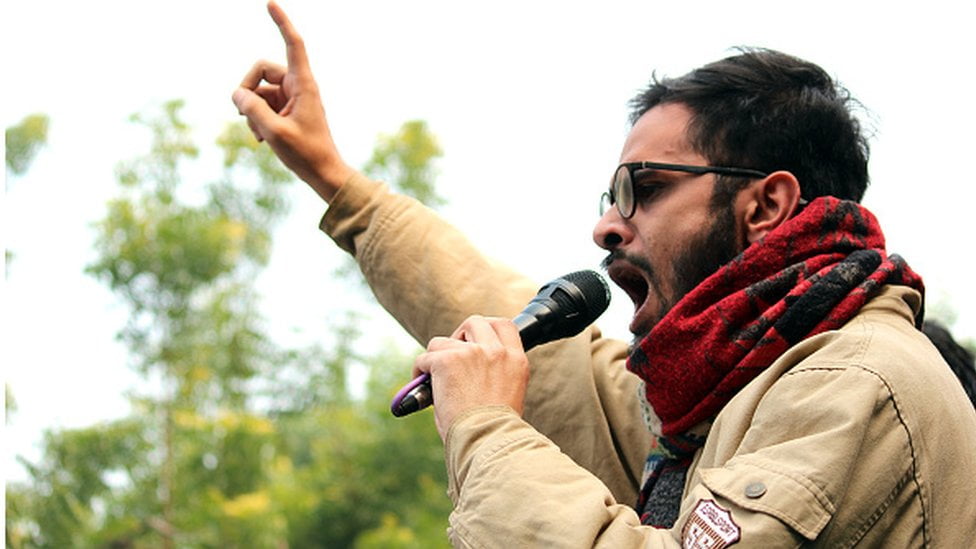
His counsel also emphasised that his detention is disproportionate in comparison to many others who were allegedly involved in similar activities. For instance, the High Court granted bail to Natasha Narwal, Devangana Kalita, and Asif Iqbal, who faced similar charges.
Even those involved in comparable activities have not been charged, which further highlights the judiciary system’s unfairness.
Denial after denial
Umar Khalid’s bail plea has played a crucial role in his legal fight. In September 2020, he was arrested under the Unlawful Activities (Prevention) Act (UAPA) due to his alleged involvement in the 2020 Northeast Delhi riots. In April 2021, he was granted bail by a Sessions Court in Delhi for the charges related to vandalism and arson in Northeast Delhi’s Khajuri Khas, as per FIR 101.
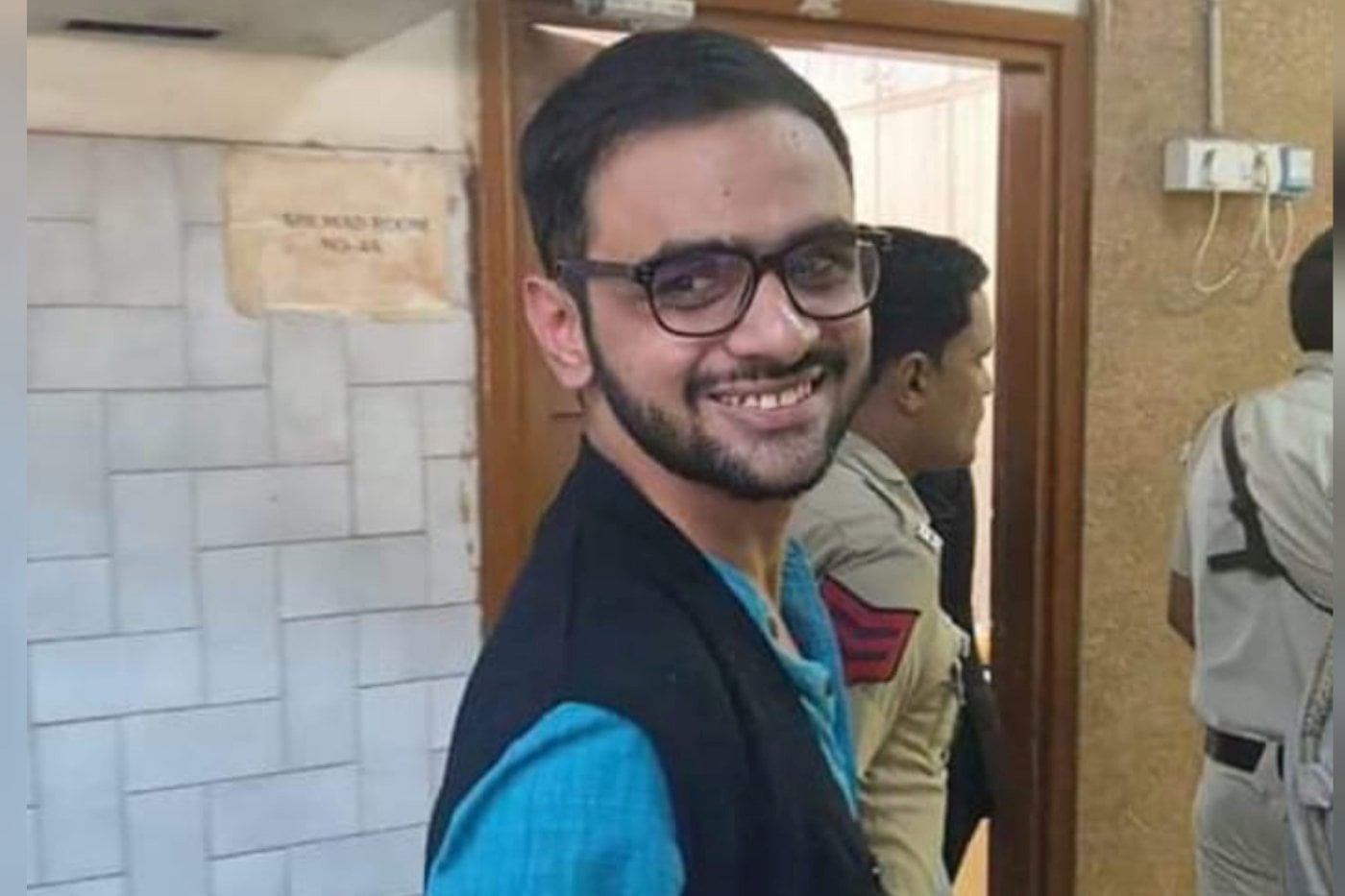
Nevertheless, the Delhi High Court rejected his bail plea in October 2022, stating that the prosecution’s case and the charge sheet establish a strong case for the offenses Khalid has been accused of, such as involvement in terrorist activities and criminal conspiracy under the UAPA. Khalid subsequently applied for a 2-week interim bail at the city’s Karkardooma court in order to attend his sister’s marriage ceremony. The court granted his request in December 2022 but imposed certain conditions.
In April 2023, a Special Leave Petition (SLP) was filed in the Supreme Court, which issued a notice to the Delhi government and requested a response within six weeks. In February 2024, Khalid decided to withdraw his bail application from the Supreme Court. His senior counsel, Kapil Sibal, stated their intention to seek relief from the trial court instead. In May 2024, Khalid’s bail application was rejected by the Delhi court for the second time. The court also denied him bail again in June 2024, stating that there is prima facie truth to the charges against him under the UAPA.
An unfair judicial system
The repeated adjournments in Khalid’s case and the delays in his bail hearings have caused many disruptions in the legal process, leading to his prolonged detention, which undeniably is a major concern for his legal team.
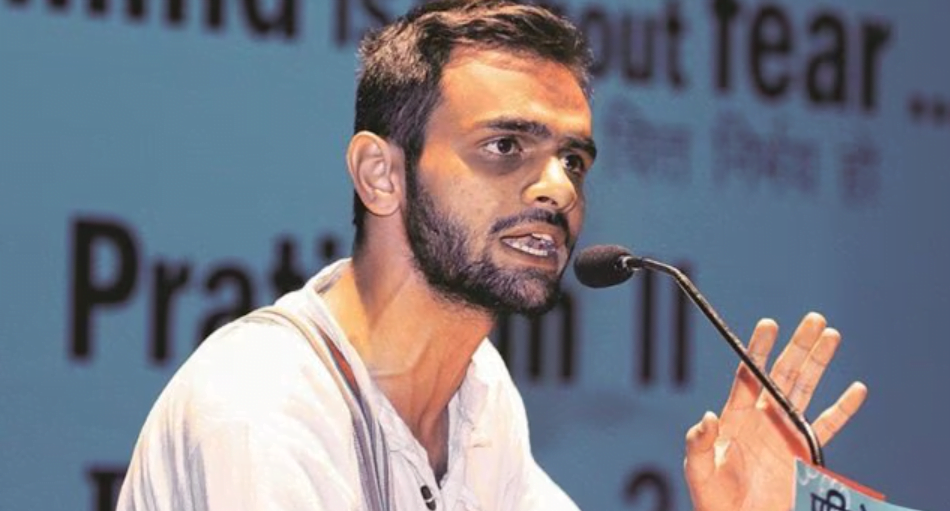
The prolonged detention of Khalid is a stark reminder of the need for a more balanced approach to dealing with political dissent in India. It raises some serious questions about the criminal justice system in India, particularly the treatment of political activists and the misuse of anti-terror rules to combat the voices of dissent.
About the author(s)
Insha Qayoom Shah is a Research Scholar from the Department of English, University of Kashmir pursuing her PhD on Female Revisionary Mythmaking: A Study of Select Novels. The areas of her interest include Feminism, Mythology and the Revisionary literature. She has presented four papers in different national and international conferences. She has also contributed chapters in three books dealing with the feminism and gender studies.
